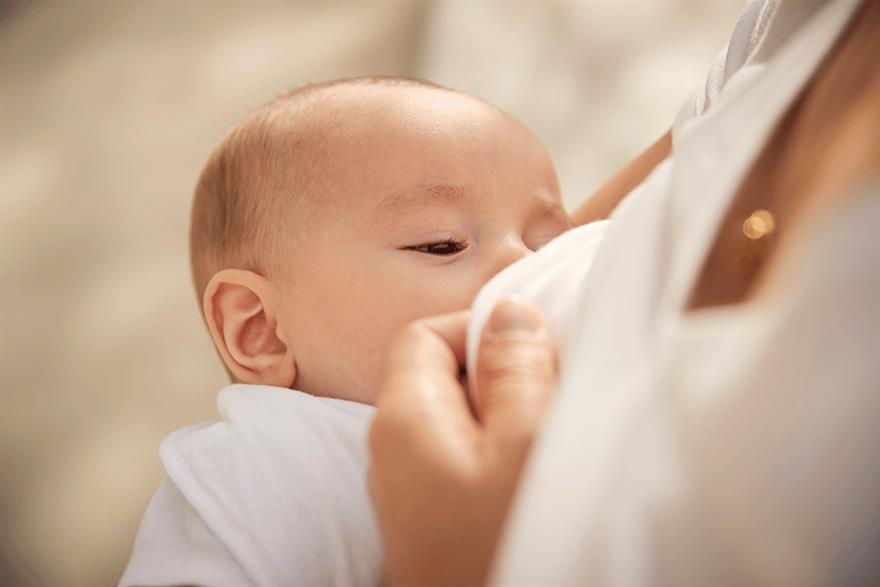
Rachel Salvidge 13 May 2021
Toxic PFAS substances, which are known as ‘forever chemicals’ because they do not degrade and which have been linked to a range of diseases, including two cancers, have been found in the breast milk of every woman tested as part of a new study.
Scientists from Toxic-Free Future, Indiana University, the University of Washington, and Seattle Children’s Research Institute tested the breast milk of 50 women in the US and found that all of them tested positive for PFAS (per- and polyfluorinated substances), with levels ranging from 52 parts per trillion (ppt) to more than 500 ppt.
The breast milk samples were tested for 39 different PFAS, including nine current-use compounds. A total of 16 PFAS were found in more than half of the samples, including both currently used and phased-out PFAS, exposing babies to the toxic chemicals.
PFAS poisoning: Why is so little known about the presence of ‘forever chemicals’ in UK drinking water?
Long chain PFAS, such as PFOS and PFOA – both now restricted – are known to bioaccumulate and reside in the body for long periods of time, but industry has claimed that replacement, shorter chain PFAS chemicals do not. The study, published in Environmental Science & Technology today, turns this claim on its head, finding that newer PFAS chemicals build up in people, despite industry’s insistence otherwise.
“We now know that babies, along with nature’s perfect food, are getting toxic PFAS that can affect their immune systems and metabolism,” said Toxic-Free Future science director and study co-author Erika Schreder.
“We shouldn’t be finding any PFAS in breast milk and our findings make it clear that broader phaseouts are needed to protect babies and young children during the most vulnerable stages of life. Moms work hard to protect their babies, but big corporations are putting these, and other toxic chemicals that can contaminate breast milk, in products when safer options are available.”
Dr Amina Salamova, study co-author and associate research scientist at Indiana University, said: “These findings make it clear that the switch to newer PFAS over the last decade didn’t solve the problem.
“This study provides more evidence that current-use PFAS are building up in people. What this means is that we need to address the entire class of PFAS chemicals, not just legacy-use variations.”
Dr Cecilia Macleod from the University of Greenwich, who is researching PFAS contamination in the UK, said breast milk is an important source of PFAs to infants and young children.
“A recent study by Zheng et al (June 2021) found total or sum of PFAS concentrations in breast milk to range between 52ng/l to 1850ng/l these concentrations are significantly higher than the drinking water screening levels set by a number of US states which are set between 8 to 70 ng/l for the longer chain PFAS compounds including PFOS, PFOA, PFNA, PFHxS, PFHpa and PFDa,” she said.
“The median concentration of 121ng/l is significantly higher that the drinking water screening value indicating that infants may be exposed to potentially harmful concentrations of these compounds in breast milk. No similar studies have been in undertaken in the UK where the PFAS drinking water health advisory levels are set at 100 ng/l for wholesomeness where a requirement to reduce the concentration to below 100 ng/l in water exists.”
PFAS have a vast array of uses in consumer products such as food packaging, clothing, furniture, carpets, paints and are used in a range of industrial processes for their stain-resistant, water-repellent, and grease-proof properties.
The chemicals have been linked to a wide range of health problems including a weaker immune system, cancer, increased cholesterol levels, pregnancy-induced hypertension, liver damage, reduced fertility, and increased risk of thyroid disease.
Despite the Environment Agency saying that PFAS is “ubiquitous in the environment”, there is no systematic testing of drinking water in the uk to see whether it is contaminated, as has been found in the US, Australia and a number of European countries.